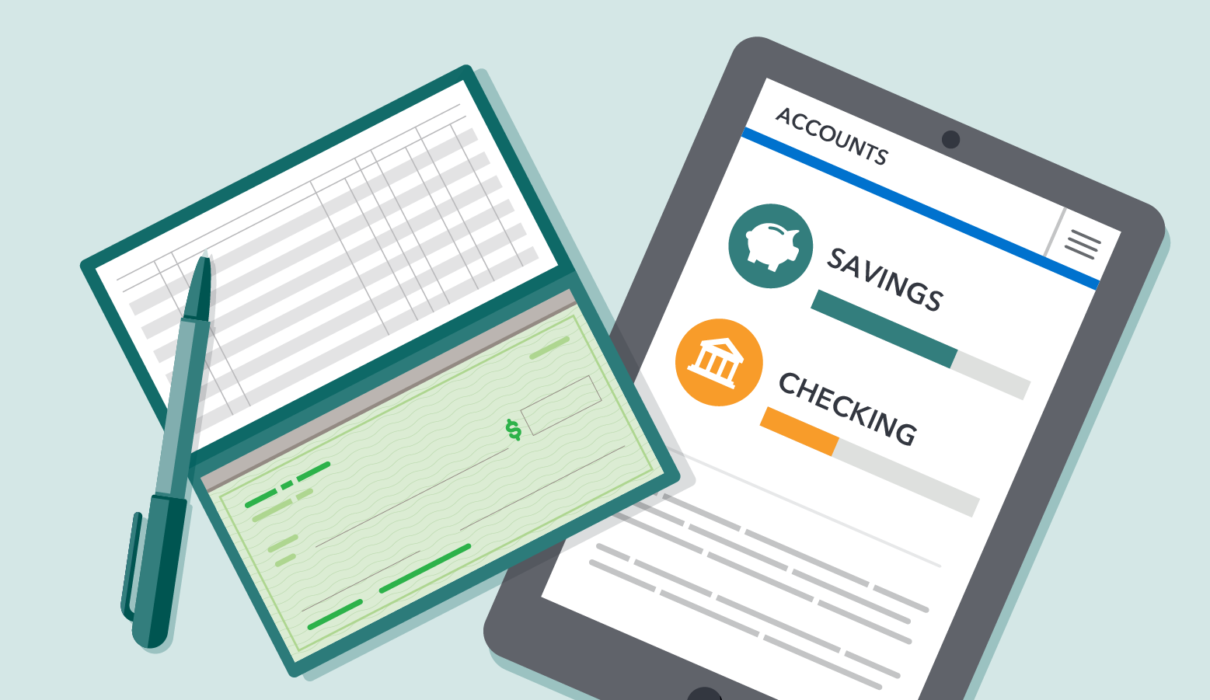The New York Times reports that millions of Americans who are overdrawn on their checking accounts may not have access to another stimulus check.
What are banks doing with another stimulus check?
Talks for the second round of stimulus dragged on and unemployment benefits ran out. During this time, Americans overdrew on their checking accounts to keep the lights on and food on the table. According to the Times, such account holders had to pay the usual overdraft fees. Even worse, some banks locked people out of their accounts until they paid those fees.
This means for an overdrawn depositor, the $600 stimulus checks could be out of reach. One such person is Morgan Banke. She told the Times she has only been able to pay either her rent or car insurance every month. Morgan has overdrawn from her Iowa credit union to cover the rest. She asked the credit union to temporarily waive her fees so she could use another stimulus check. However, because it had done so three times in the past, it turned her down.
How are banks helping?
Many major banks — including Bank of America, Citigroup, JPMorgan Chase, and Wells Fargo — have said they’ll waive accounts’ overdrawn status when another stimulus check comes in. But many smaller regional banks and credit unions haven’t made the same promises. Some have even closed down accounts with overdrawn balances. This leaves cash strapped and overdrawn Americans cut off from their deposit. Or, they have to get their checks another, slower way.
The Times said that some banks might even take the overdrawn fees from the $600 stimulus automatically when it goes into an overdrawn account. However, most banks are being good enough to temporarily “zero out” customers’ overdrawn accounts. This allows depositors access to their stimulus checks. Still, besides this temporary truce that some banks have made with their customers around the stimulus checks, banks have not modified their overdraft policies during the pandemic.
Rebecca Borné, with the Center for Responsible Lending, told the Times, “Charging unreasonably high fees, multiple fees per day, extended fees and other practices that manipulate the charges to maximize the fees — those practices hurt those struggling the most.”

